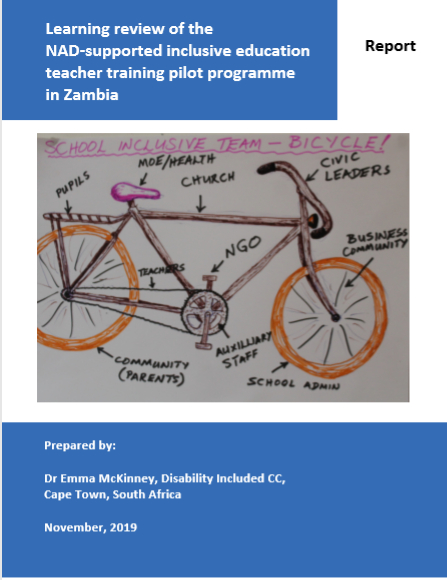This year’s Global Education Monitoring Report from UNESCO – Inclusion and education; all means all – is now available to download. It looks at social, economic and cultural mechanisms that discriminate against disadvantaged children, youth and adults, keeping them out of education or marginalized in it. It argues that resistance to addressing every learner’s needs is a real threat to achieving global education targets.
The report is over 400 pages long, but a 34-page summary is also available.
There are also various background papers, focusing on different themes and countries.
Two new websites complement the fourth edition of the Global Education Monitoring Report. PEER – Profiles Enhancing Education Reviews – describes how countries approach inclusion, serving as a resource for policy dialogue. SCOPE – Scoping Progress in Education – offers an opportunity to interact with the data and explore selected SDG 4 indicators.

